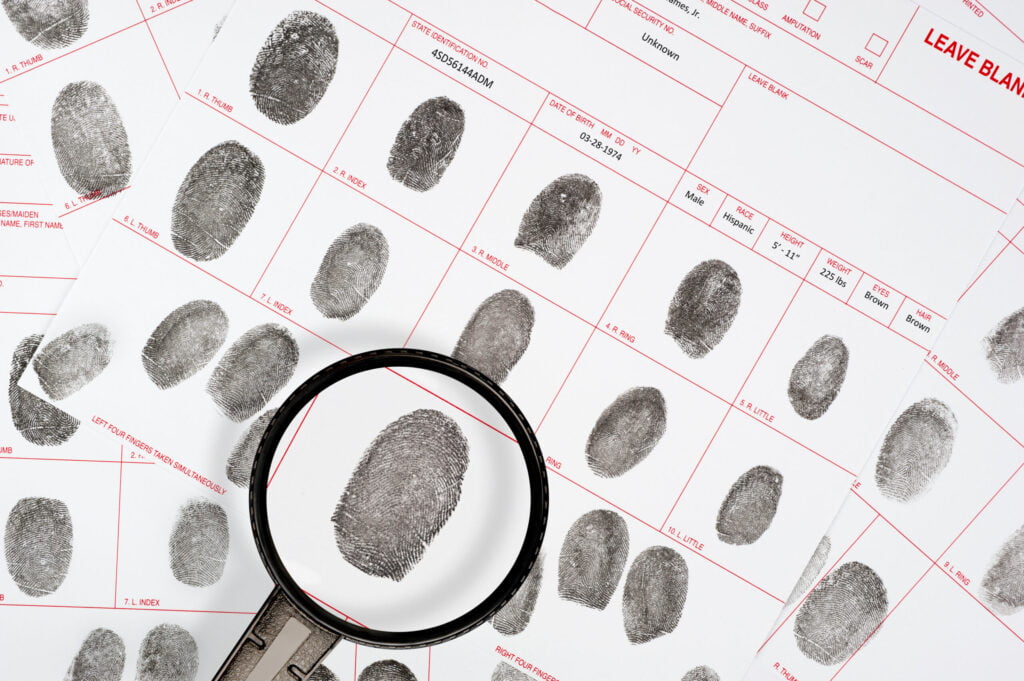A criminal record can become a stumbling block when seeking new job opportunities or other situations where a clean record is paramount. Thankfully, the law in many states provides individuals with a second chance by allowing them to seal their criminal records. In this article, we delve into the complex process of sealing your criminal record, offering you practical steps and insightful advice to help you navigate this often-misunderstood legal terrain. Keep reading to learn more.
What are the implications of a criminal record?
The impact of a criminal record goes far beyond the confines of the legal justice system. A criminal history has a way of following you around, affecting several aspects of your life, often limiting your progress. Financially, you may find getting a good job or a loan for a business startup an insurmountable hurdle. A criminal record may also affect housing opportunities as a lot of landlords perform background checks. Even everyday things like entering a new relationship can become mired in the shadows of a criminal past.
The societal stigma also contributes to the numerous challenges faced by individuals with criminal records. Regardless of the nature of the crime committed, whether it was a minor misdemeanor or a significant felony, the label of being a “convicted felon” and the judgment from society can strain relationships and lead to a quieter but equally damaging form of discrimination. It’s no wonder record sealing seems like a reprieve for many people.
In a society that values second chances and believes in rehabilitation, being haunted by a past mistake can have long-lasting consequences. Fortunately, record sealing offers a glimmer of hope for individuals seeking to turn their lives around and leave their past behind. With the help of a law firm, record sealing in Las Vegas allows a person to hide their criminal record from public view. This process is governed by specific laws and regulations, which are best navigated with the help of an experienced attorney. The Defenders, a reputable law firm in Las Vegas, provides comprehensive assistance in expungement and record-sealing cases.
What does record sealing mean?

Record sealing is a legal process that limits or eliminates public access to a person’s criminal record, making it as though the criminal offense never occurred. When a record is sealed, it’s hidden from public view, and individuals to whom the record relates can legally deny that the criminal incident ever happened.
The specifics may vary from jurisdiction to jurisdiction, but generally, when a record is sealed, it’s removed from standard background checks performed by employers, landlords, and others. However, it’s worth mentioning that the record still exists and may be accessed by certain agencies such as law enforcement, the military, and some governmental bodies.
Sealing a record does not make your criminal history disappear completely, as in the case of expungement. In expungement, the record is permanently removed as if it never existed. However, not every jurisdiction allows for expungement. Therefore, record sealing becomes the next best thing.
Is sealing your record an option for everyone?
Understanding whether or not you qualify for record sealing is critical. Not all types of criminal records can be sealed. In most jurisdictions, violent crimes, sex offenses, crimes against children, and other serious felonies cannot be sealed. However, most misdemeanors, DUIs, and some non-violent felonies may be eligible for record sealing.
The eligibility rules also consider the amount of time that has passed since the incident or the completion of your sentence. This is because the law views record sealing as a second chance for those who have shown they can live a crime-free life for a certain period.
Moreover, there are instances where eligibility depends on the number of convictions you have. Some jurisdictions may offer sealing for first-time offenders only; others may allow it even for re-offenders depending on the nature of the offenses.
The rationale behind these variations in eligibility lies in recognizing that not all individuals who have been convicted should face permanent barriers to employment, housing, or other opportunities solely based on their criminal history. By allowing record sealing for re-offenders in certain circumstances, jurisdictions acknowledge the potential for rehabilitation and the importance of giving individuals a second chance to reintegrate into society. The decision on eligibility for record sealing tends to be based on a combination of factors such as the jurisdiction’s laws, the severity of the offenses, and the offender’s behavior and commitment to rehabilitation.
What are the steps to getting your record sealed?
Choosing to have your record sealed is one thing. Following through on the intricate process is another. It involves several steps that must be taken accurately and with the utmost patience.
The first of these is determining your eligibility. As earlier mentioned, eligibility for record sealing varies according to state laws, the nature of the offense, and time passed since conviction, among other factors.
Secondly, you must collect all the relevant documentation, including arrest records, court records, and any other documents that may have been involved in your case. It’s imperative to be thorough and have every piece of paper, as missing a single one could affect the outcome.
Should you seek legal counsel for record sealing?
Record sealing is a legal process, and as such, it’s advisable to seek the services of a competent law firm. The process usually involves a lot of legal dealings that a layman may not fully comprehend, hence the need for a legal practitioner. The right attorney will understand the intricacies of your state’s laws and can guide you through the process.
Finding the right attorney to guide you through the sealing process takes quite a bit of research. In addition to experience and reputation, it’s advisable to work with a lawyer with specific criminal law experience, as the process may require arguing your case before a judge.
Beyond guiding you through the process, a good attorney can also advise you on the implications of having your record sealed, the chances of achieving a successful outcome, and if there are better alternatives you could consider. They might sometimes suggest expungement instead of record sealing if your state law permits it and conditions are right.
Can you go back to living your life after record sealing?

Having your record sealed is a significant step towards starting over. Nevertheless, it’s beneficial to understand what to expect after the sealing. While record sealing will certainly give you a fresh start, it does not erase your criminal past entirely. As previously mentioned, there are certain agencies like law enforcement that can still view sealed records. Thus, you need to bear in mind that sealing is not absolute erasure. Rather, it’s a second chance.
Furthermore, discretion should guide your actions after the sealing. Be wary of falling back into crime, as sealed records can be re-opened if you commit a new offense. A sealed record should not be a reason to rest on your oars; rather, it should motivate you to achieve more and aim higher.
Finally, it’s important to think about reintegration into society. This includes finding employment, settling any outstanding debts, and reconnecting with family and friends. Remember that erasing the stigma associated with a criminal record requires more than just court action—it requires personal dedication and commitment.
The road to record sealing may be complex and daunting, but with the right guidance and patience, it may just be the rebirth you or your loved ones need. Ultimately, the decision to pursue record sealing will be personal, and understanding the intricacies of the process is the first significant step toward a fresh start.





